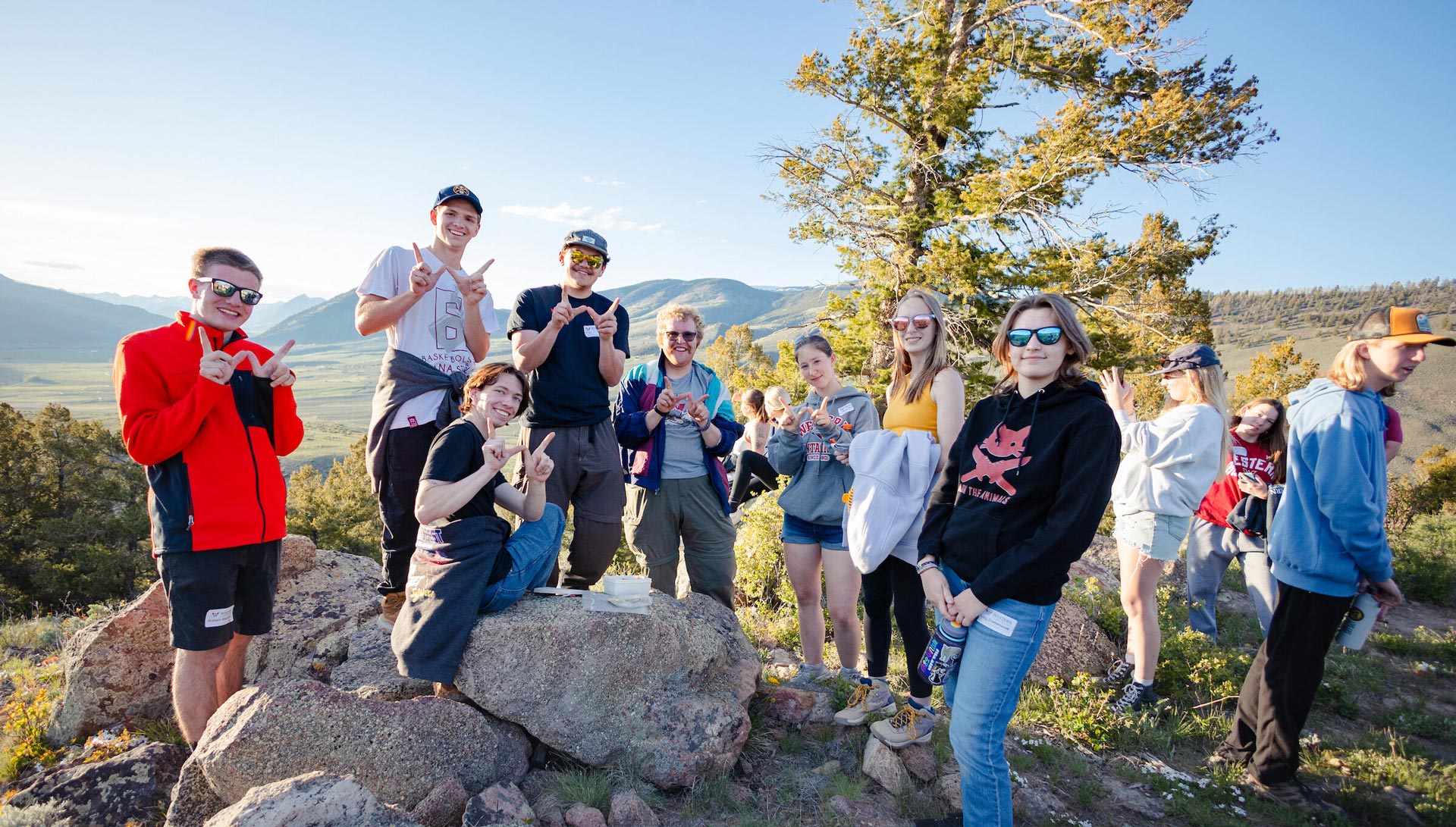Learn new classroom techniques.
The Summer Teacher Institute offers educators the opportunity to enhance their skills through multiple mid-summer sessions. The Teacher Institute offers collaborative programming designed to enhance educators’ skills and foster professional growth. Attendees will engage in hands-on workshops, interactive sessions, and group discussions that promote best practices in teaching. Participants will gain valuable skills in areas such as classroom management, innovative instructional strategies, and integrating technology into the curriculum, empowering them to create more engaging learning environments.
